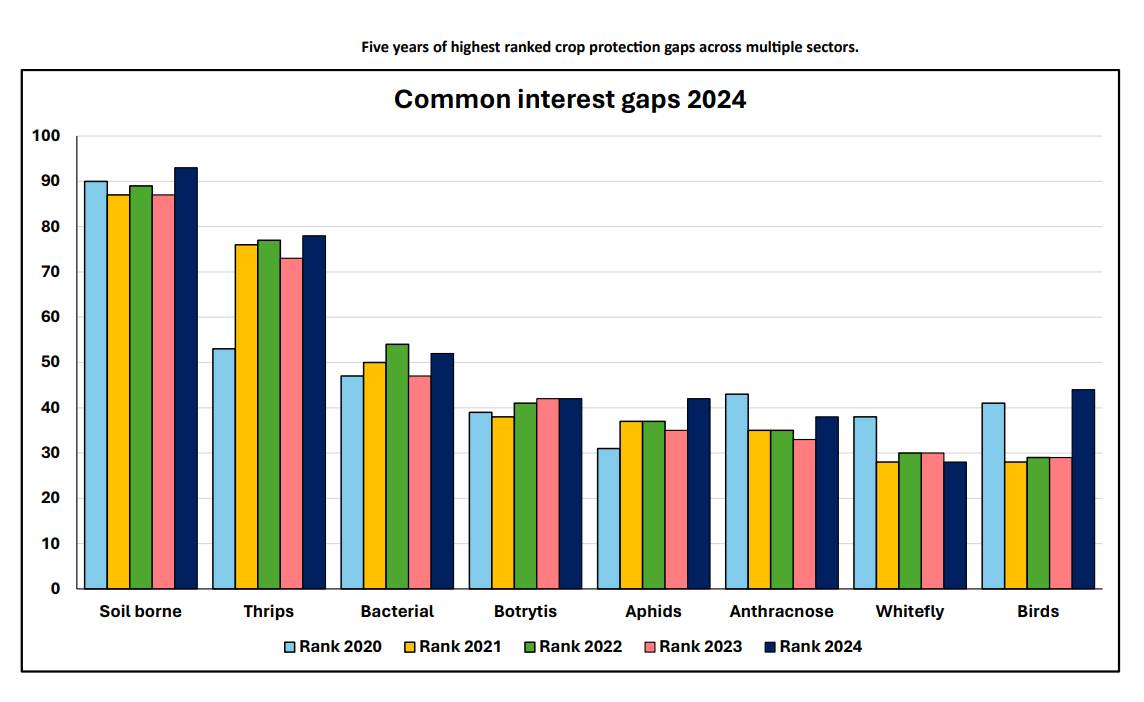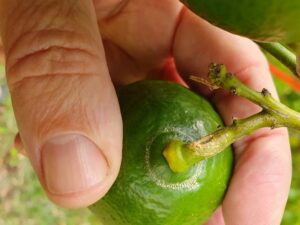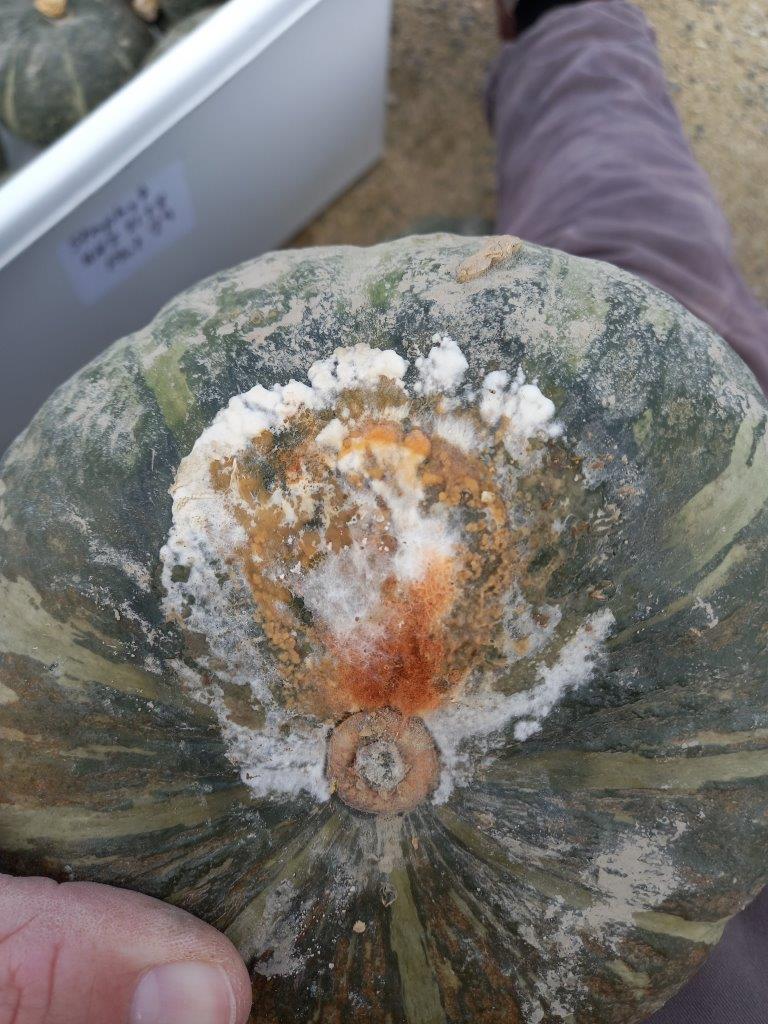Soilborne diseases not only continue to be the biggest gap in crop protection programmes for plant-based food growers, but are an increasing priority, analysis from this year’s A Lighter Touch crop protection gaps workshop shows.
The annual workshop was held in early May and involved representatives from A Lighter Touch product group partners. The workshop, now in its fifth year, is designed to help product groups identify their most significant crop protection issues and prioritise them in terms of importance to their sector. It also helps define pests and diseases that are common to multiple sectors. This work assists direct the focus of A Lighter Touch projects seeking new crop protection tools for growers.
Soilborne diseases have been the highest ranking crop protection gap since the workshops started five years ago, but have increased in priority in this year’s analysis, with a number of additional crops ranking these diseases as a priority.
Thrips continues to be the second highest ranking gap, followed by bacterial diseases and botrytis. While the common priority gaps for new crop protection tools have remained consistent over the past five years as shown by the table below, there are some areas of change for some sectors.
 Changes in the gaps analysis for 2024 by sector were:
Changes in the gaps analysis for 2024 by sector were:
- Strawberries – thrips has increased in priority for this sector for the second year in a row;
- Citrus crops – Citrus scab has increased as a priority gap for this sector;
- Onions – The soilborne disease fusarium has increased as a priority gap for onion growers, with no control options available currently, and broadleaf weeds and grassweeds have also increased in priority due to loss of chemistry;
- Passionfruit – Root rot and sclerotinia both have increased in priority as crop protection gaps for passionfruit growers, with no control options available. Resistance concerns around existing products have also seen increases in priority for grease spot, brown spot and septoria spot. Passion vine hopper is another crop protection gap to have an increased ranking for passionfruit growers, with no registered control options available;
- Processed vegetables – Corn earworm is a new and highly ranked pest requiring monitoring for beans. Fusarium root rot has increased in priority for peas, with no control options available, and similarly grassweeds have been ranked higher due to number of issues with existing control options including resistance.

Damage from Kelly’s Citrus thrips.
A Lighter Touch and its product group partners have projects running around many of these pests and diseases and continue to look for new control options.
The workshop is also a forum to share knowledge and resources about topics of interest to various sectors. Presentations at this year’s crop protection workshop included:
- ALT Technical Lead Jeff Smith sharing an update of ALT’s , including the buttercup squash project focusing on soilborne diseases.
- Nigel Rowe-Lucas of KraftHeinz providing an update on the biologicals project in peas and beans.
- Rafael Barbieri of BASF giving an overview of bringing a product to market from the registrant’s perspective.
- ALT Transition Lead Paul Munro giving an update on discussions at the Global Minor Use Summit held in Madrid earlier this year.
